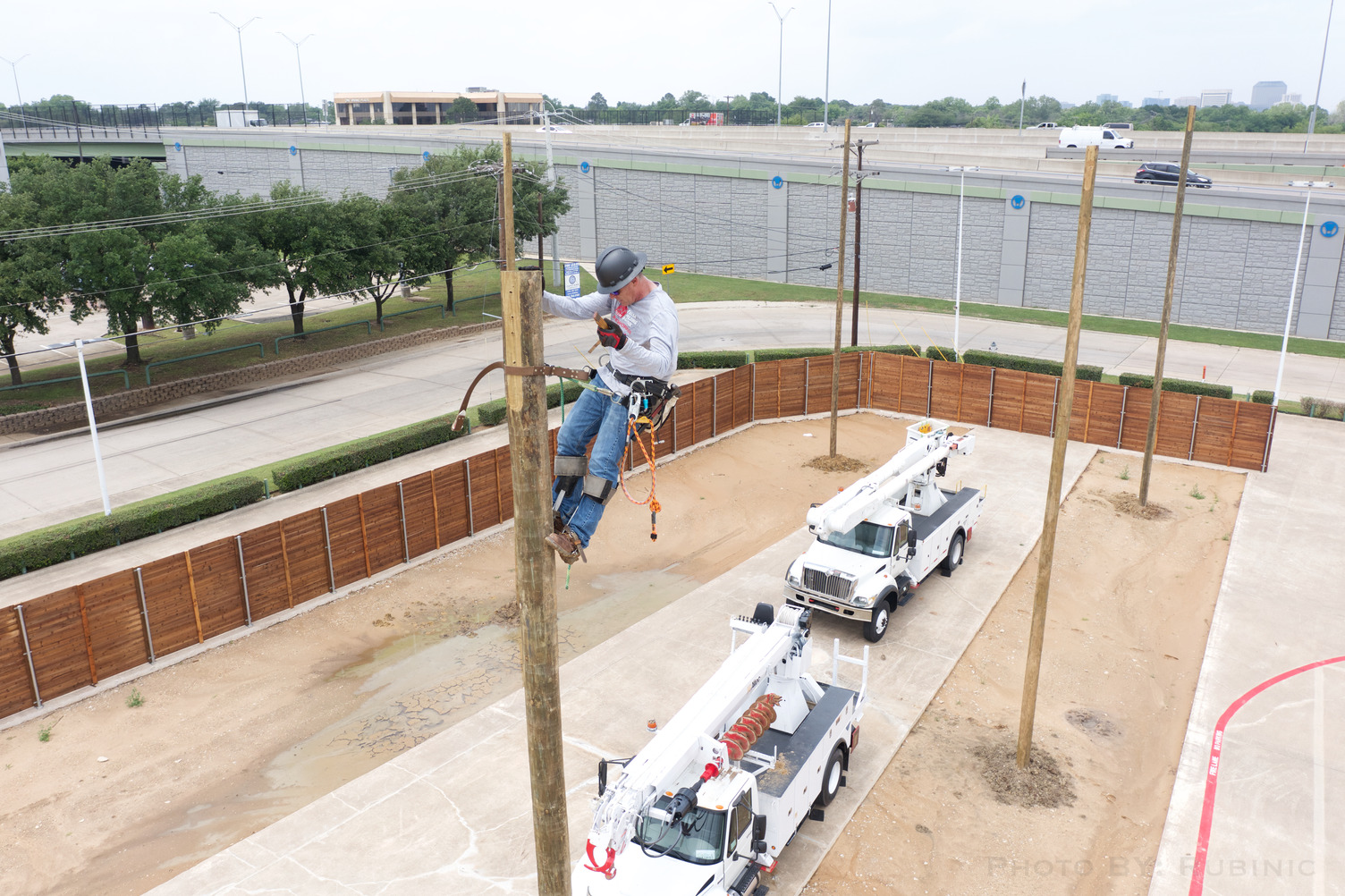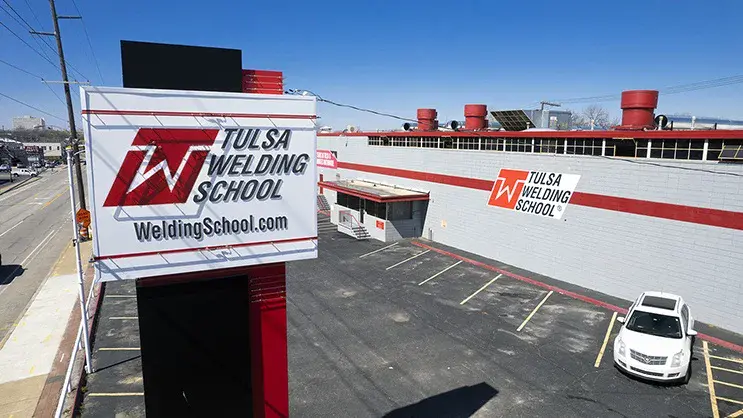TWS is a Great Training Option for Everyone
Learn more about how we can prepare you to advance your career.
Electricians are responsible for maintaining and installing electrical systems in residential, commercial, and industrial settings. Their work supports safety and reliability in environments like construction sites, factories, and office buildings.
To work in the field, you’ll need technical skills and practical thinking. Focus on:
- Technical Knowledge: Understanding how electrical systems work, including codes and safety regulations.
- Problem-Solving: Identifying issues and applying practical solutions.
- Attention to Detail: Completing precise installations and repairs.
- Physical Stamina: Meeting the physical demands of daily tasks.
If you’re exploring electrician training in Texas, the path usually starts with formal education, continues through apprenticeship experience, and leads to certification. This process gives you the foundation to pursue work in the electrical field.
Steps to Become an Electrician in Texas
Building a career in electrical work requires the right preparation. Here are the steps many follow in Texas:
Have You Considered a Career in the Skilled Trades?
Fill out the form to recieve a no obligation info packet.
- Complete High School or GED: A diploma or GED gives you the basic skills needed to begin training.
- Enroll in Electrician Trade Schools in Texas: Attending a school like Tulsa Welding School gives you access to coursework in electrical theory, safety standards, and hands-on labs.
- Obtain an Apprenticeship: After graduation, working under a licensed electrician provides real-world experience.
- Gain On-the-Job Training: Apprenticeships give you a paid opportunity to develop your skills while working.
Each of these steps helps prepare you for a stable career in the electrical field.
Electrician Schools in Texas
Texas has several options for electrician education, including technical colleges and trade schools.
- Technical Colleges: Offer courses in both theory and practical training across multiple areas.
- Trade Schools: Focus on training for specific careers and often provide more hands-on instruction.
Tulsa Welding School offers a 7-month Electrical Technologies program, available at multiple campuses including Houston, Tulsa, and Jacksonville, with a 7-month Electrical Technologies program at our Dallas Metro campus. These programs include instruction in electrical concepts and practical technologies to help students prepare for entry-level roles in residential, commercial, and industrial settings.
Certification and Licensing
To work as a licensed electrician in Texas, you’ll need to meet the state’s education and testing requirements.
- Complete Required Education and Training: After finishing your coursework and apprenticeship, you can apply for your license exam.
- Pass the Licensing Exam: This exam measures your knowledge of safety codes, electrical theory, and best practices.
Types of Electrician Licenses in Texas
In Texas, many aspiring electricians begin their career path by pursuing the Journeyman Electrician License. This credential allows you to perform electrical work under general supervision and signals that you’ve completed the required education and on-the-job training. Earning this license is a significant milestone, as it qualifies you for a wide range of jobs and reflects your capability to work independently on residential, commercial, or industrial projects.
After gaining additional experience, electricians may apply for the Master Electrician License. This advanced license demonstrates a deeper knowledge of electrical systems and codes, and it typically requires several years of work as a licensed journeyman. Master electricians are authorized to design electrical systems, pull permits, and oversee other electricians on job sites, often taking on supervisory roles or running their own businesses.
Holding a license—whether journeyman or master—can influence your opportunities in the field. Licensed electricians are generally more competitive in the job market and may qualify for higher pay or more complex projects. As your license level increases, so does your potential for career growth, making the licensing process an important part of long-term success in the electrical trade.
Career Opportunities and Job Outlook
Electricians in Texas can pursue different paths based on their interests and experience:
- Residential Electricians: Work on homes, often handling wiring and repair.
- Commercial Electricians: Maintain electrical systems in office buildings and retail spaces.
- Industrial Electricians: Manage more complex systems in manufacturing or utility facilities.
The job market for electricians continues to be strong and is expected to grow by 11% through 2033, according to the U.S. Bureau of Labor Statistics.
Electricians can expect consistent work, competitive pay, and choices in work environments.
Financial Aid and Support Services
Financial aid can help reduce the cost of electrician training. Common options include:
- Scholarships: Some are specifically for students pursuing skilled trades.
- Grants: Federal or state aid may be available for qualifying students.
Tulsa Welding School supports students with:
- Career Counseling: Help with resumes, job searching, and interview preparation.
- Job Placement Assistance: Resources to help you connect with potential employers.
Learn more about financial aid options and student support services on the TWS website.
Taking the Next Steps Toward Your Electrician Career
Working as an electrician offers a reliable way to learn practical skills and enter the workforce. Following the outlined steps—education, apprenticeship, and licensing—can help you move forward with confidence.
Tulsa Welding School provides programs designed to help students learn quickly and apply those skills in real jobs. To learn more about our trade school programs, contact us or call (855) 981-7313 and start your path toward a career in electrical work.








